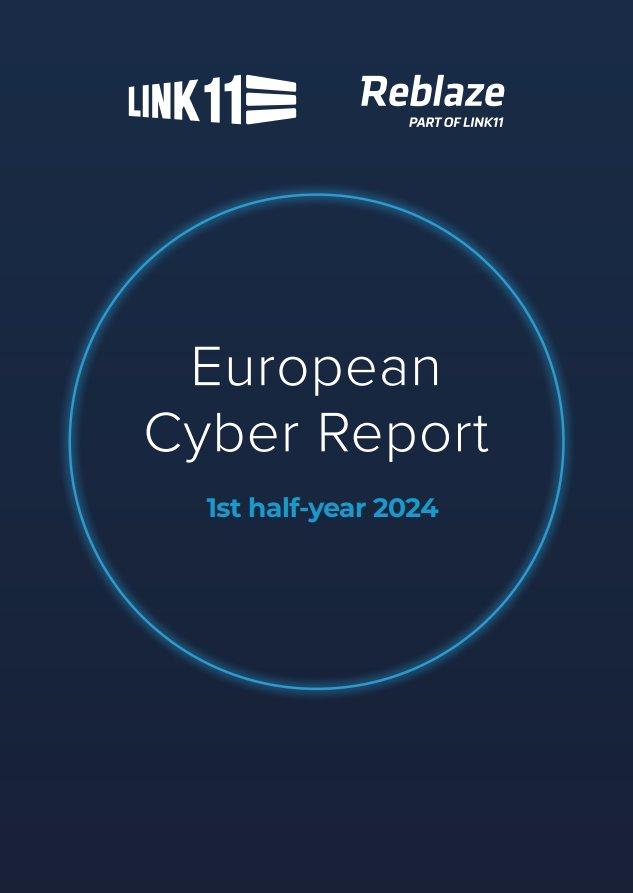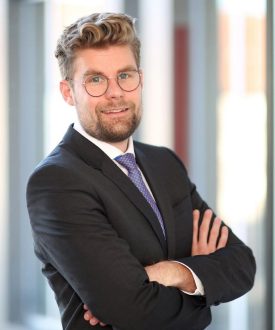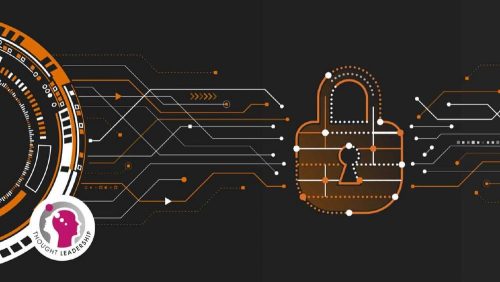
Link11 European Cyber Report: Growing Complexity and New Security Risks – A Race Against Time
The number of DDoS attacks on the Link11 network increased by more than a quarter (26 percent) in the first half of the year. Turbo-attacks, which have maximum impact in the shortest amount of time, also require organizations to respond quickly. “The time attackers need to compromise a system is getting shorter and shorter. Companies need to adapt their defenses to this new pace,” says Jens-Philipp Jung, CEO of Link11.
In the first half of 2024, there was a significant increase in such turbo attacks to over 34 percent. This means that about one third of all attacks take full effect within the first ten seconds. This trend underscores the increasing professionalism of attackers and the need for organizations to continuously adapt their security measures.
What are the reasons for this development?
The professionalization of hackers is evident in their use of increasingly sophisticated tools and techniques to coordinate and intensify their attacks. One of the most important developments is the growth of powerful botnets. These consist of millions of compromised devices and allow attackers to generate huge amounts of data in a short period of time. A particular challenge is the increasing automation of cyber attacks by bots. These automated programs overload systems, steal data, and launch targeted attacks.
Another critical issue is the security maturity of application programming interfaces (APIs). The growing number of APIs and the fact that they are often poorly secured make them an attractive target for cybercriminals. Continuous monitoring and regular security audits are essential to adequately protect APIs and be prepared for attacks.
The digital landscape is becoming increasingly complex, making organizations more vulnerable to cyber attacks. The cost of such attacks is high and can threaten a company’s very existence. According to a Bitkom survey, two-thirds of companies see their existence threatened by cyber incidents. To protect themselves, companies need a holistic security strategy. “Cybersecurity is not a goal, it is a process. Companies need to be proactive and constantly adapt to the changing threat landscape,” Jung added. The use of artificial intelligence and automation can help identify and close security gaps faster. Companies should invest in modern security solutions to protect their digital infrastructure and ensure their competitiveness.
Download the new Link11 European Cyber Report here.
Link11 delivers enterprise-grade cybersecurity solutions. As one of the leading providers of cyber security solutions, we protect customers worldwide against evolving cyber threats through meticulous attention to detail and early integration of cutting-edge methods. Based on our global fully automated security platform, this reflects our strong commitment to the security of our customers and to proactive defense strategies.
We provide advanced and patented DDoS protection leveraging machine learning and automation for high-performance mitigation against known and unknown attacks. Our global network with over 42 Points of Presence (PoPs) is monitored 24/7 by our Security Operations Center (SOC).
The recent acquisition of Reblaze Technologies enhances our expertise in the WAAP (Web Application and API Protection) space and providing customers with more comprehensive protection against sophisticated threats. Together, we strive to be thought leaders in the cybersecurity industry and sharing enterprise-grade knowledge and expertise businesses to navigate and mitigate digital risks effectively.
Link11 meets the highest data security standards, holding ISO 27001 certification and being acknowledged by the German Federal Office for Information Security (BSI) as a qualified provider of DDoS protection for critical infrastructures.
Link11
Lindleystraße 12
60314 Frankfurt
Telefon: +49 (69) 264929777
Telefax: +49 (69) 264929792
http://www.link11.com
Unternehmenssprecherin
E-Mail: l.froehlich@link11.com
![]()




